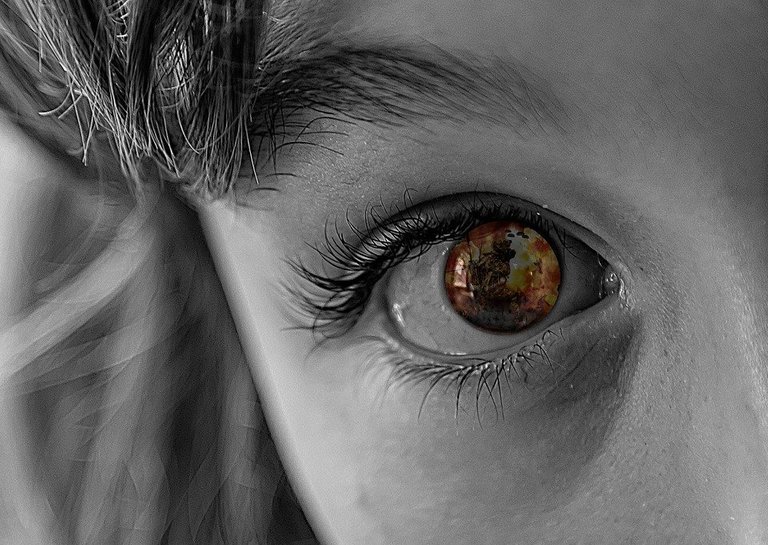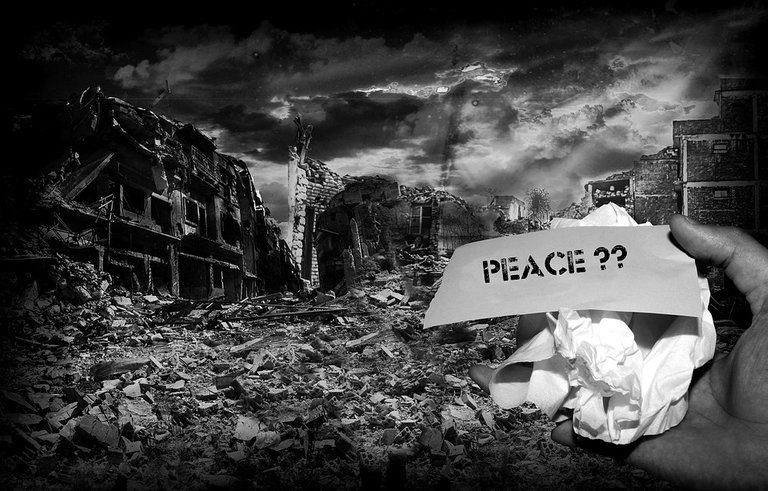The question of ethics is one of the most pressing questions of our time, as we call for addressing its challenges by restoring the moral conscience of humanity, in a way that restores the effectiveness of the virtue values of mercy, compassion, altruism, solidarity, and assistance to the needy, the poor and the helpless, regardless of their race, religion or geographical origins.
The solution is to rise from right to virtue, since dealing based on the principle of rights only requires limiting oneself to giving the other what is originally belonging to him, or refraining from harming him, and refraining from transgression against him, while dealing with virtues includes the meaning of generosity and charity as a sacrifice. In exchange for nothing and a concession to the other is not his right.
Civilizations get sick and philosophers are their doctors, and we call for treating our sick civilization by paying more attention to the basic functions of the moral system, represented in the so-called purposes of the five necessities: religion, soul, mind, offspring (family) and money (property).
The examining eye can find in some of the foundational values what resembles the gradual stages towards awareness of the human common, so the “value/position” of patience leads to the possibility of achieving “mercy” that opens the door to the act of “dialogue.” If it is permeated by understanding, “justice” prevails and pervades. Love” and then “altruism” until we reach the value of the values represented by “tolerance,” thanks to which the awareness of the human common is achieved.
"Tolerance" is a central value and theme present in the intellectual project, as a functional concept that aims to "neutralize the negative impact of differences in belief and mountain differences in opinions and visions", and establishes what is called positive pluralism, because tolerance raises the conflict between faith and diversity, and opens the way for Accept the other as a similar I.
Without bringing an inevitable conflict with the ego as with Hegel, or robbing it of original freedom and perfection as hell according to the proposal presented by Jean-Paul Sartre, and that the other according to the new conception will not be seen as a threat to the identity and distinction of the ego, as Martin Heidegger goes to.
Philosophy and human dignity
Where he presents human dignity as the first common human, because humans pose a thorny dilemma in alien philosophy, where Descartes and Malebranche argue for the impossibility of knowing the other as a possibility and doubt, in contrast to the certain knowledge that we obtain about ourselves with direct intuition and without external mediation.
The knowledge of the other turns him into an object like any external thing, as the relationship between the subject and the object arises from a mutual objectification, so each party transforms the other party into an object, working to negate it, and demonize it by emptying it of its humanity, after robbing it of its will and freedom, which is a prerequisite Its existence, according to Sartrean perception.
Dialogue should open the door to the possibility of the self getting to know itself in the other after learning about the human commonality of “universal values in which minds do not differ and are not affected by the change of time or the determinants of space, or human tendencies.”
Dialogue is a necessity necessitated by the union of human destinies in an era in which what affects one part of the world is affecting the other, within a single coherent system, in which there is no separation or separation.





